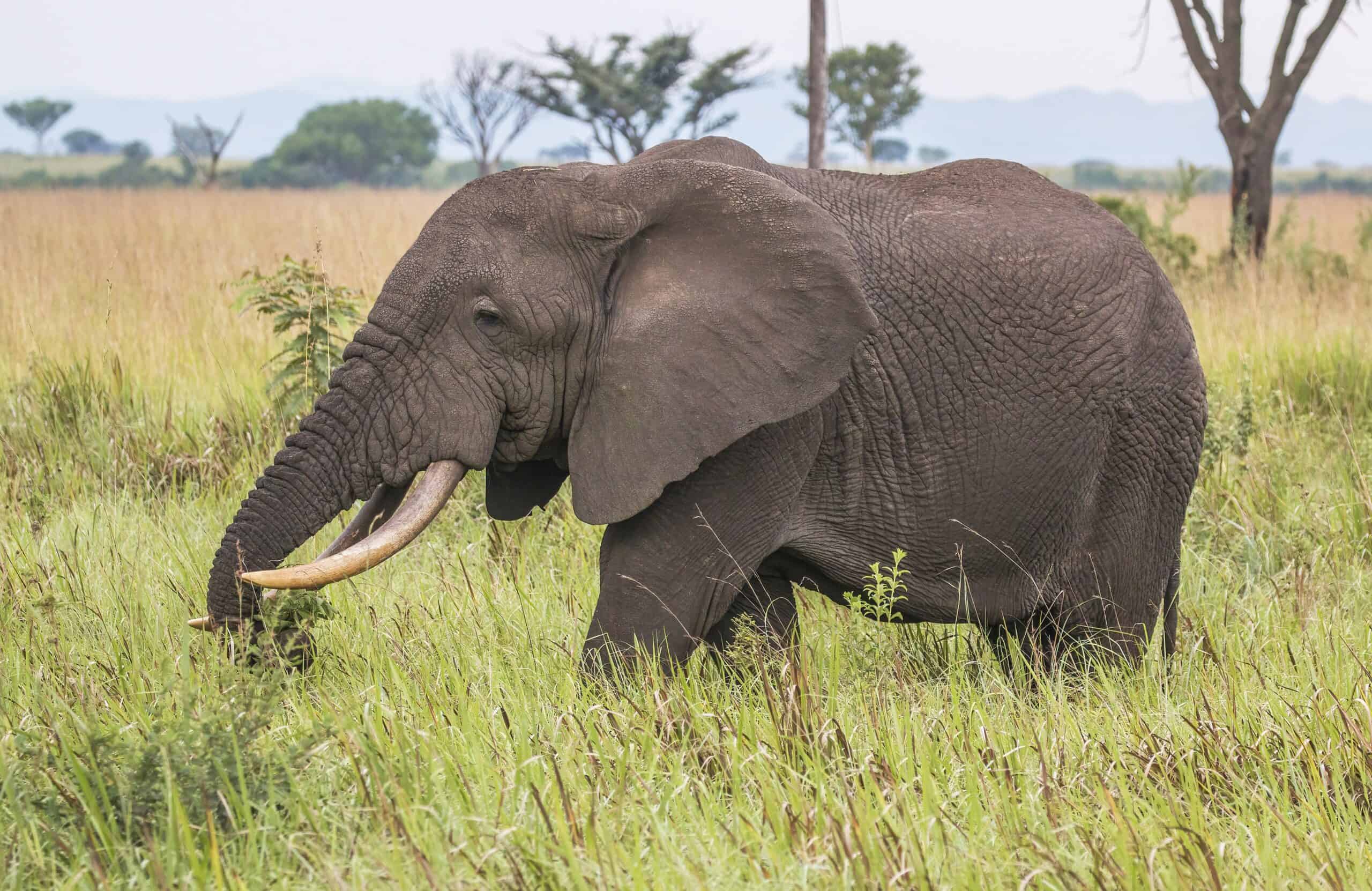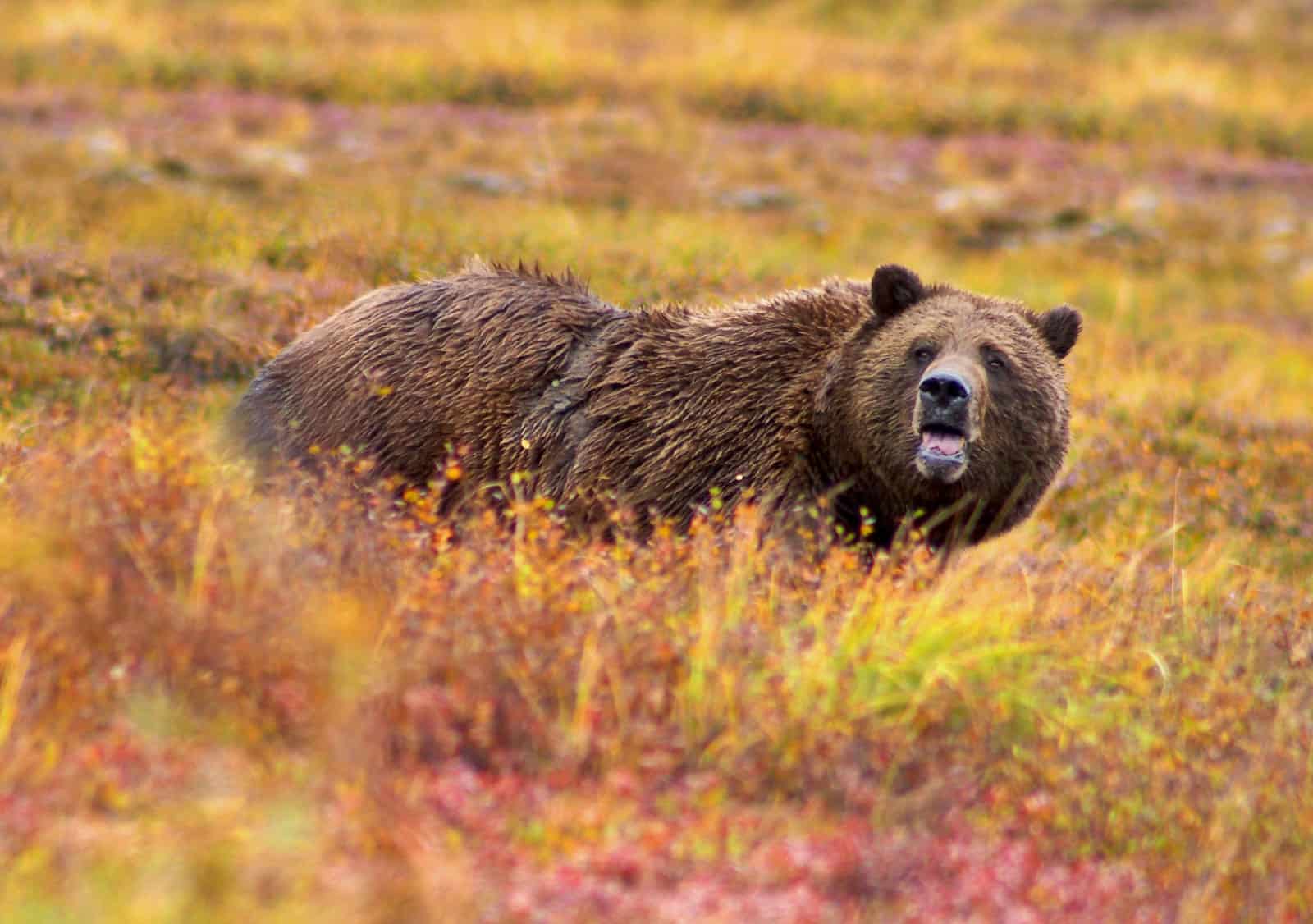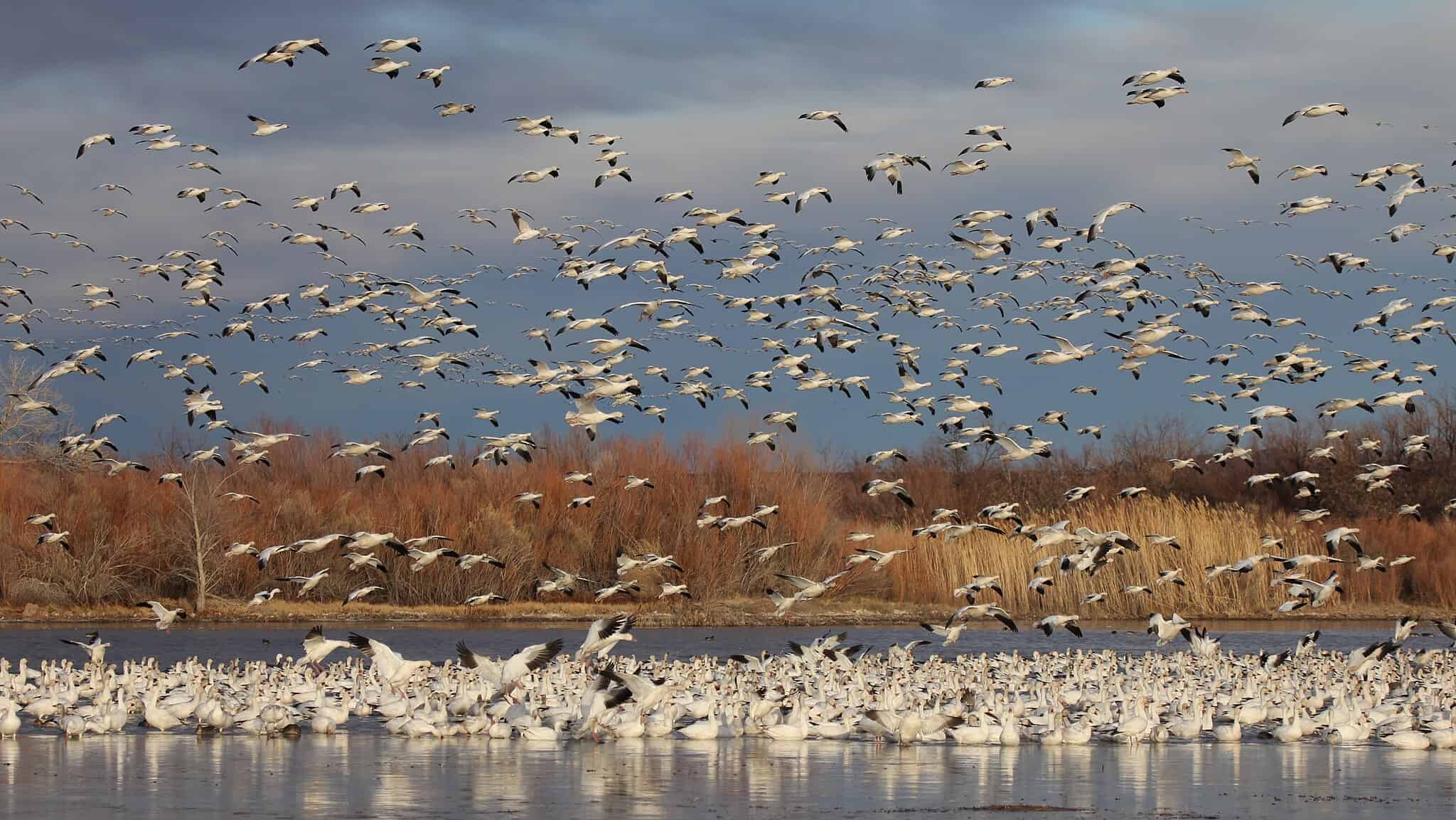Share this article
Resources Featured in this article
U.S. House of Representatives passes WILD Act
The bill would fund several wildlife conservation programs domestically and abroad
The U.S. House of Representatives recently passed the Wildlife Innovation and Longevity Driver (WILD) Reauthorization Act (H.R. 5009), a bipartisan effort to reauthorize funding for several wildlife and habitat conservation programs.
“We are one step closer to ensuring that our children and grandchildren will inherit a world rich in biodiversity,” said Rep. Dave Joyce (R-OH), co-chair of the International Conservation Caucus, who sponsored the act. The passage of this legislation in the House signals gaining momentum for wildlife conservation efforts. The WILD Act supports funding two different initiatives: the Partners for Fish and Wildlife Program and the Multinational Species Conservation Funds.
Across all 50 U.S. states and territories, the U.S. Fish and Wildlife Service’s Partners for Fish and Wildlife Program offers critical support for voluntary conservation initiatives. Various organizations, including landowners, Tribes and nonprofits interested in improving wildlife habitat, can apply for free technical and financial assistance through the program. The program has made possible more than 50,000 projects, including the restoration and management of six million acres of forest, prairie, wetland and stream habitats since 1987.. The Wildlife Society has supported sustained funding for the Partners for Fish and Wildlife Program, demonstrating a commitment to collaborative federal conservation efforts.
The Multinational Species Conservation Funds play a pivotal role in supporting the conservation of imperiled species globally, including iconic wildlife such as rhinos, elephants, tigers, great apes and marine turtles. “In the over 30 years since its inception, the Multinational Species Conservation Funds have been an incredibly successful tool in strengthening global wildlife conservation, helping conserve our planet’s most iconic and beloved wildlife species,” said Rep. Debbie Dingell (D-MI). , “I’m glad to see the WILD Act pass in the House to ensure we can continue this important work to protect these species for generations to come.”
The United States is actively involved in global conservation initiatives aimed at protecting endangered species and preserving biodiversity. The country is a signatory to international agreements such as the Convention on International Trade in Endangered Species of Wild Fauna and Flora (CITES) and the Convention on Biological Diversity (CBD), which promote cooperation among nations to address transboundary conservation challenges.
Through partnerships with other countries, the United States contributes to conservation efforts in regions facing significant biodiversity threats, such as the Amazon rainforest and the coral reefs of the Pacific Ocean. “Around the world, habitat loss and climate change continue to threaten wildlife,” said Chairman Tom Carper (D-DE). The provisions of the WILD Act align with the goals of these global objectives and demonstrate the U.S. commitment to international wildlife conservation efforts.
The Wildlife Society has long advocated for the importance of endangered species recovery, recognizing the vital role threatened and endangered species play in maintaining healthy ecosystems. This commitment is evident through our position statement on the Conservation of Biological Diversity, as well as issue statements addressing the U.S. Endangered Species Act and policy briefing on the Species at Risk Act, which highlight our dedication to supporting international and endangered species recovery efforts.
The next critical step for the WILD Act lies in the Senate, where it will undergo further review and consideration. The identical Senate version (S. 2395) introduced by Senators Shelley Moore Capito (R-WV) and Tom Carper (D-DE) in July 2023, reflects bipartisan support for conservation efforts across both chambers.
“The WILD Act enables the U.S. Fish and Wildlife Service to promote voluntary conservation here at home, while also ensuring that the United States remains a global leader in protecting some of our world’s most beloved species,” Carper said, emphasizing the bill’s significance in maintaining the nation’s commitment to domestic and global wildlife conservation efforts.
Header Image: An African elephant (Loxodonta africana) in Queen Elizabeth Park, Uganda. Credit: Charles J. Sharp








